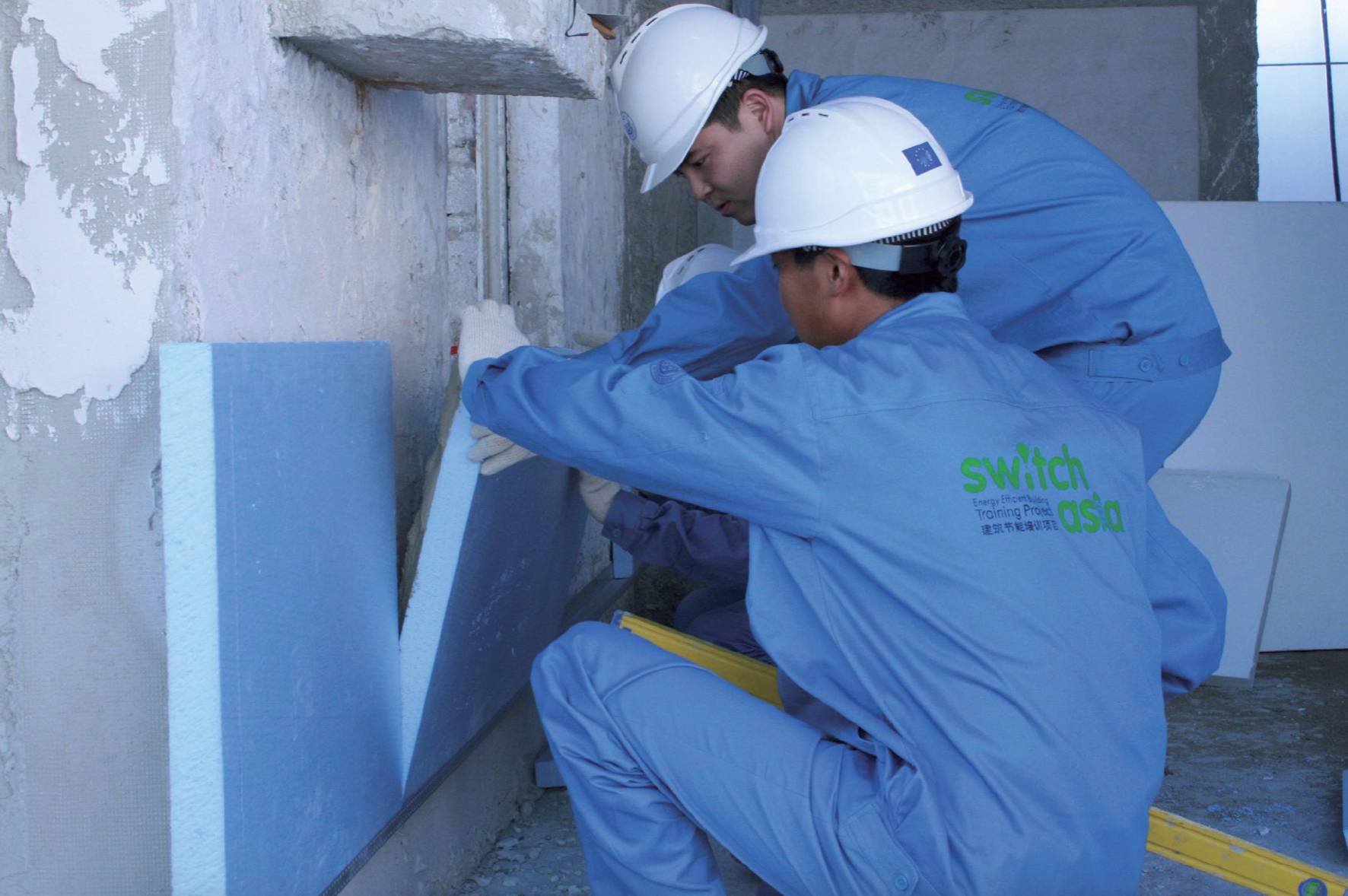
Beijing, 28 February, 2019 – Today’s meeting marked progress in the global battle to change current unsustainable consumption and production patterns as the European Union’s (EU) SWITCH-Asia Sustainable Consumption and Production (SCP) Facility organized a Multistakeholder consultation, bringing together a coalition of voices that can make a difference. Trade continues to grow between China and the EU, however, concerned stakeholders are aware of the threats resulting from new consumer habits and increased resource intensive production trends. Acknowledging the impacts resulting from resource depletion and greenhouse gas emissions generated throughout production cycles as well as consumption and disposal of goods and materials, China and the European Union are seriously considering opportunities to induce and drive change towards more responsibility and sustainability, to which the Multistakeholder consultation offered a platform to identifying, together, where to take action and how, notably in the context of circular economy.
Organized by the SCP Facility together with the European Union Delegation to the People’s Republic of China, the dialogue was attended by various Ministries and other public institutions, together with the private sector, academia and other key actors, including representatives from European Member States and other components of the SWITCHAsia Programme. China’s pivot towards climate and environmental action through participating in global processes such as the Paris Agreement and the Sustainable Development Goals (SDGs) has been clear while a commitment to SCP has also been scaled-up through domestic policies. The discussions that took place during the Multistakeholder consultation considered a series of sectors where better and more targeted actions would be needed such as green manufacturing and greening the supply chain, eco-innovation for more resource efficient production processes, waste minimization and responsible consumption, with needed actions and changes at institutional, business and consumer levels.
Green finance and Green Public Procurement (GPP), which has continued to be a focus in Chinese policies and projects, received attention from participants as well. In this context, it was noted that while small and medium enterprises (SMEs) remain the most prevalent type of business, there are huge opportunities for cooperation between EU and Chinese SMEs in support to circular economy and efficiency through the value chain, with eco-design as driver. The various grants projects implemented with the support of SWITCH-Asia in China have demonstrated the large possibilities in the various sectors, with outstanding business models, showing also how the partnership between the European Union and China can advance green finance for SMEs and promote the mutual goals of encouraging economic growth via new models of sustainable consumption and production.
While the EU and China have made tremendous progress towards low-carbon and resource efficient economies, closer collaboration between their respective stakeholders can further support a mutually beneficial transformative change to achieve SCP and circular economy. While Governments should provide an enabling platform to concerned stakeholders, their role as leader-by-example is essential, with well-designed, continuous and targeted communication and awareness-raising campaigns. Related actions required a “movement” and alliances associating and engaging concerned actors, with an optimal combination of tools, including the Extended Producer Responsibility, and the necessary system thinking to effectively decouple the use of resources, including plastics, from environmental impacts and economic growth. With proper enabling capacities, sometimes just access to the right information, the SMEs and Local Municipalities unseen champions can drive the needed change towards circularity and sustainability.
The EU SWITCH-Asia programme will be looking, in close cooperation with partners from both the EU and China, to appropriate ways and means in support to this change, in particular through its three components, the Regional Policy Advocacy, the Grants and the SCP Facility. A limited but driving set of priorities will be defined soon, where the SCP Facility in particular can provide technical support to increase the pace of the transformation to sustainable consumption and production, looking for ways to unlocking opportunities for actions that can further support China in its efforts towards the Ecological Civilization, and provide benefits to both the EU and China, in their efforts to move jointly to low-carbon economy with ore responsible consumption and production patterns.
The partnership between China and the European Union has proven to be strong, with leadership signalling the importance of embracing sustainable consumption and production. Today’s Multi-stakeholder consultation, confirmed this with further direction on cooperation opportunities. These consultations will continue over the next three years to guide how SWITCH-Asia can aid China’s goals while convening diverse stakeholders to ensure priorities and strategies developed will create the most impact for China.


